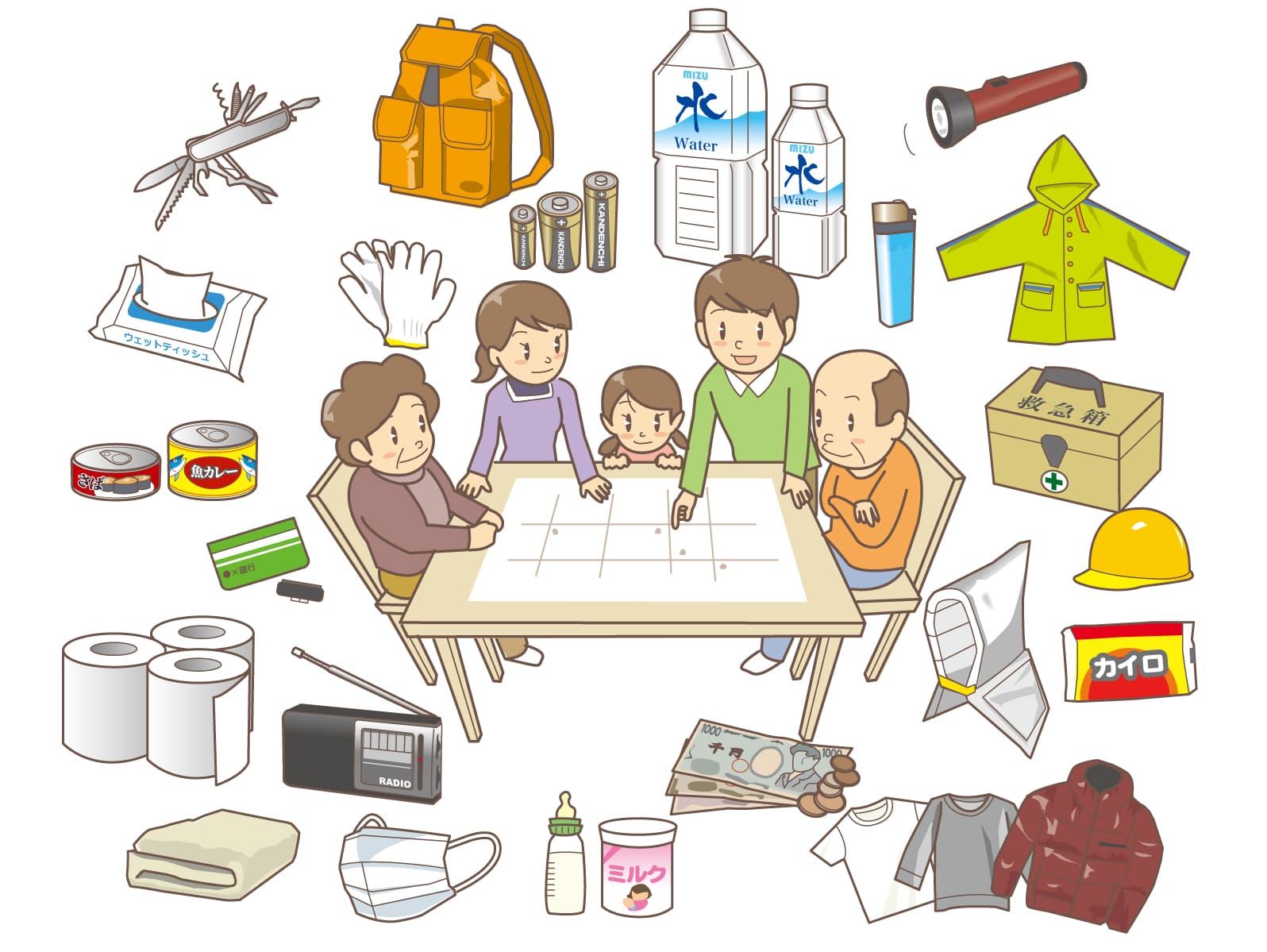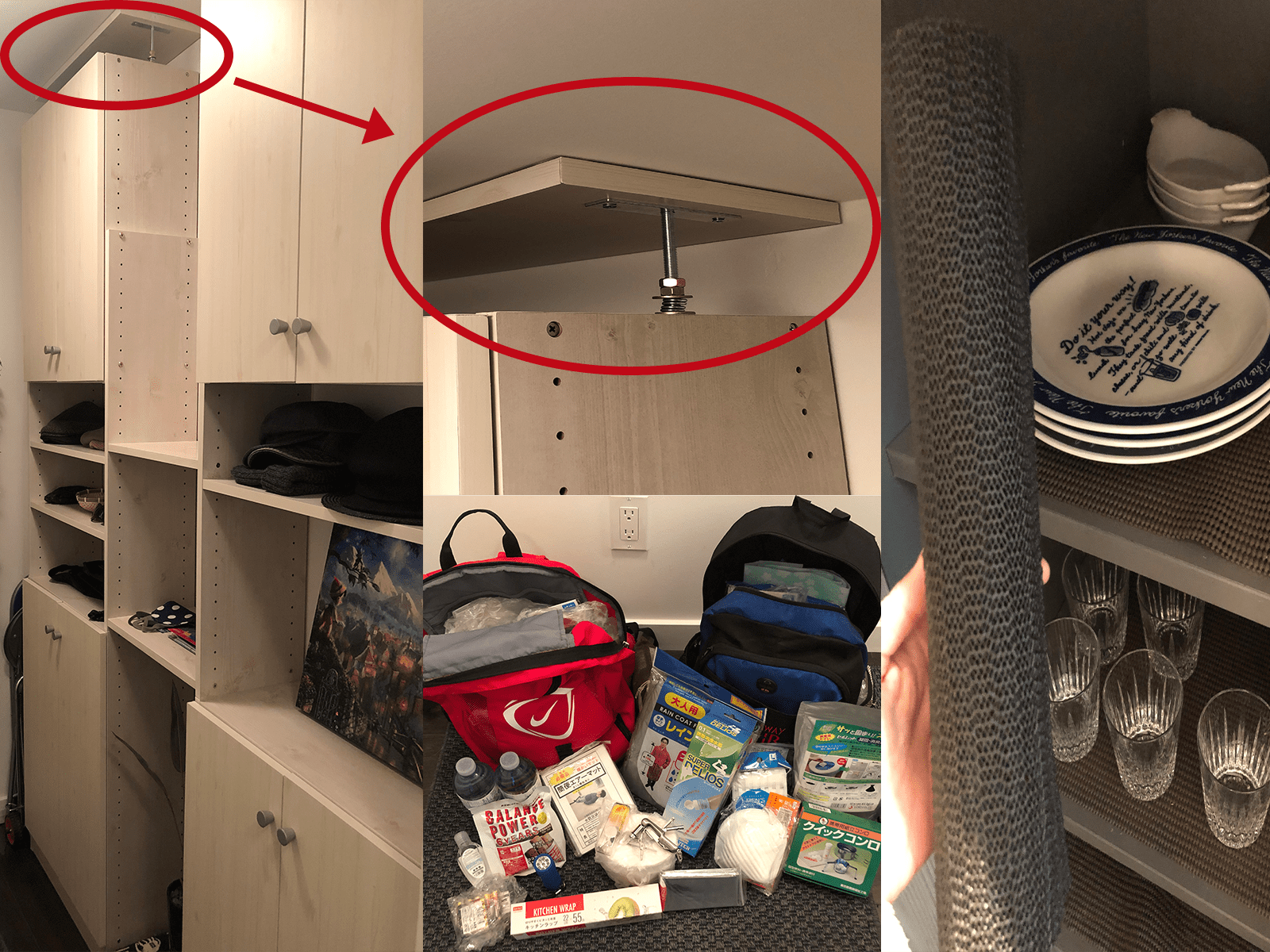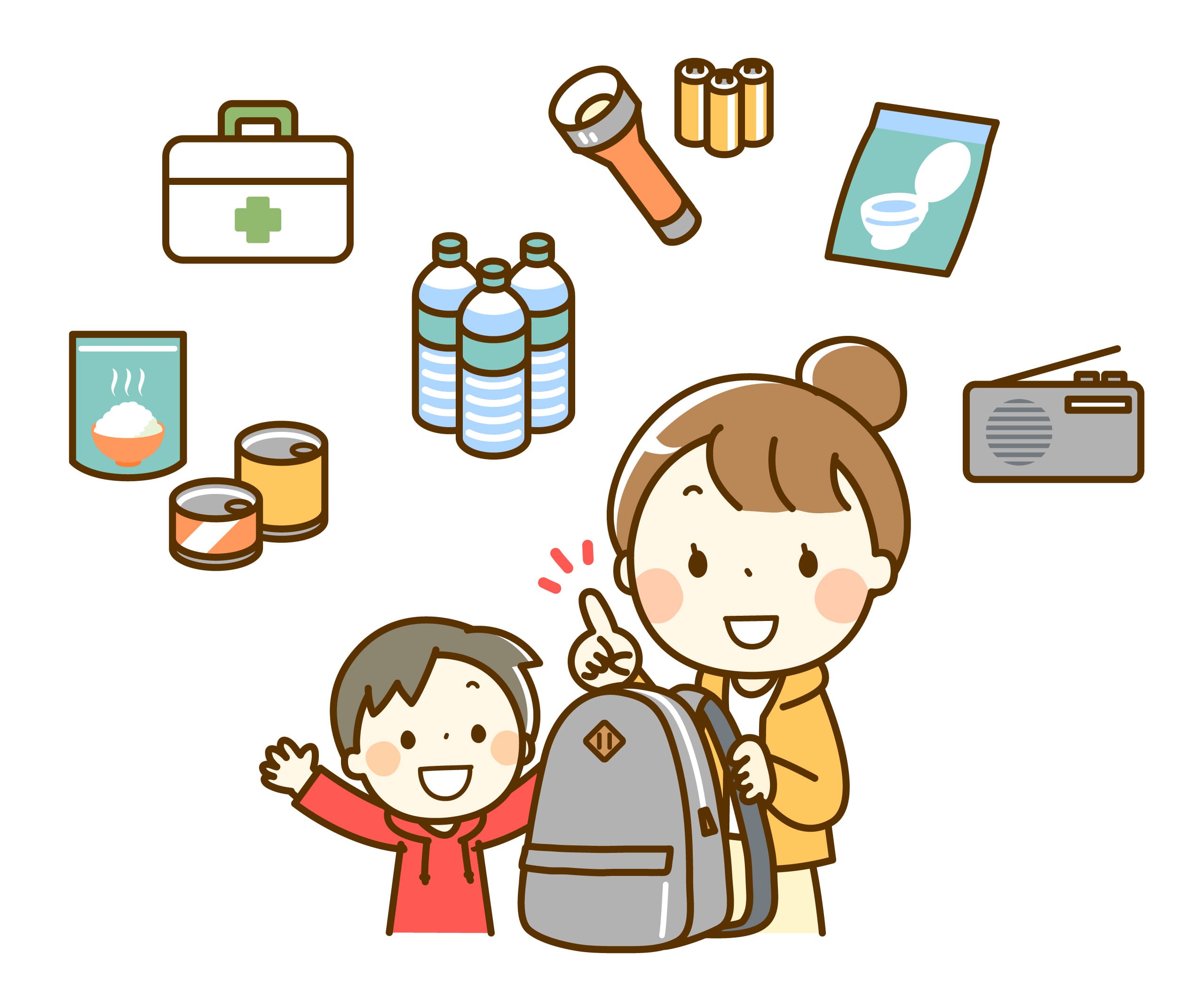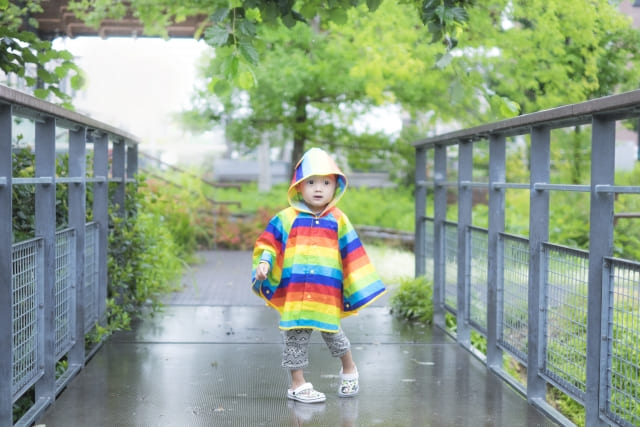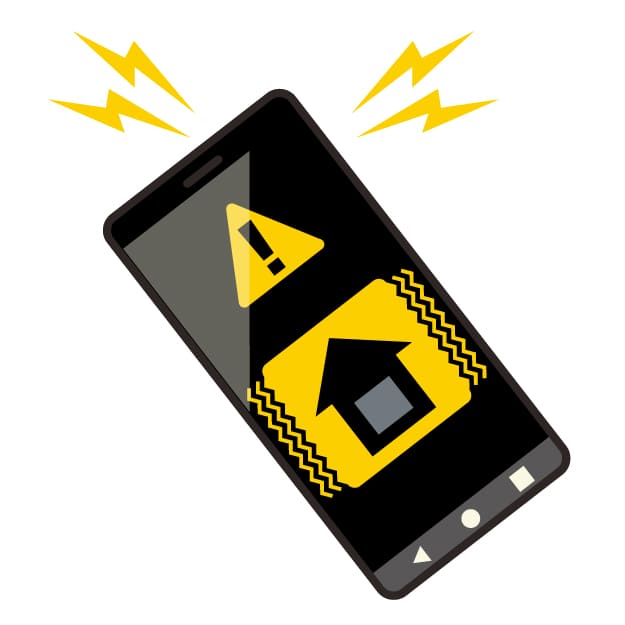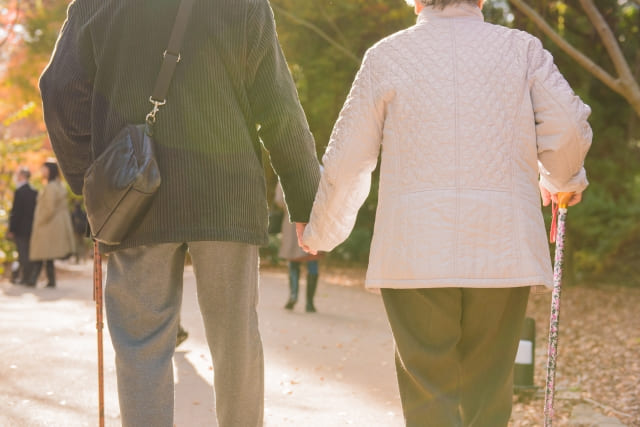
Safetyip would like to feature voices from seniors who had experienced various disasters in Japan, focusing on the useful items that they used during and after an emergency. Let’s listen to the reasons why those items were useful. Those advices can help you reviewing your own list when preparing the emergency kit.
1. Medication
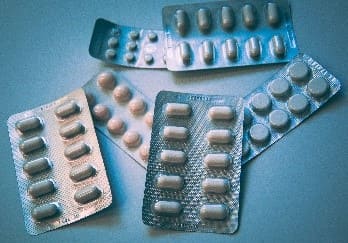
- “Medication was essential as it literally saved my life from my medical conditions.” (70s / Male)
- “Hospitals and pharmacies were damaged/closed for a while, so I was in trouble getting my medicine refilled.” (60s/Male)
- “I have chronic illness and I could not have survived if I had evacuated without my medication.” (70s/Male)
- “Having a piece of paper with list of medication names made emergency dispensing process easier.” (60s/Female)
2. Glasses
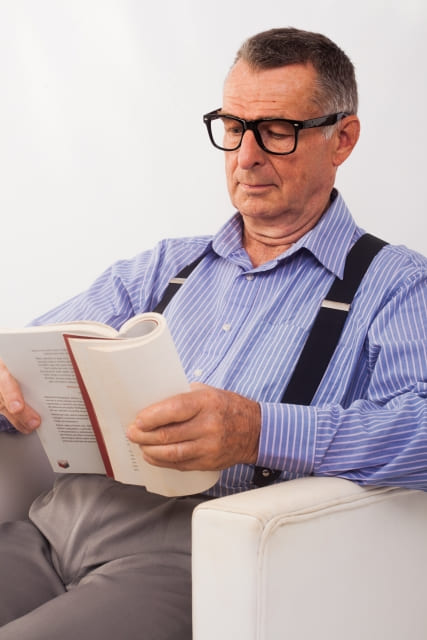
- “I have farsightedness (presbyopia) and it was challenging to read emergency notifications posted on a wall at evacuation site.” (60s/Male)
- You should have a spare pair of glasses packed in your bag. You cannot obtain information if you are unable to read. ” (70s/Male)
- “There were safety concerns to do anything without having a clear vision as I was not able to see what’s near me.” (60s/Male)
3. Cane
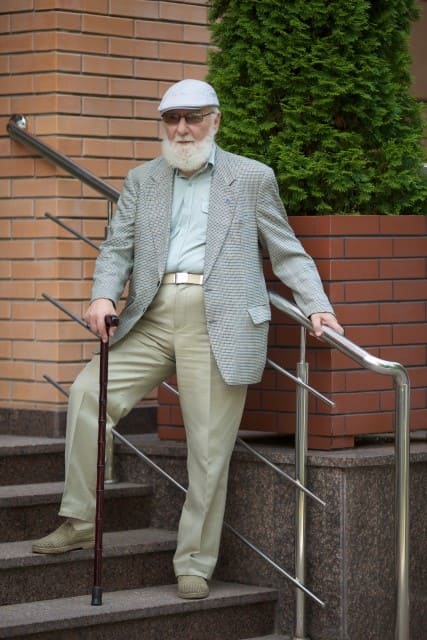
- “I couldn’t walk without my cane. I cannot image how I could spend days at evacuation site without it. ” (60s/Male)
- “I thought it would be ideal to prepare a separate portable/foldable cane handy for emergency purposes” (70s/Female)
4. Disposable diapers
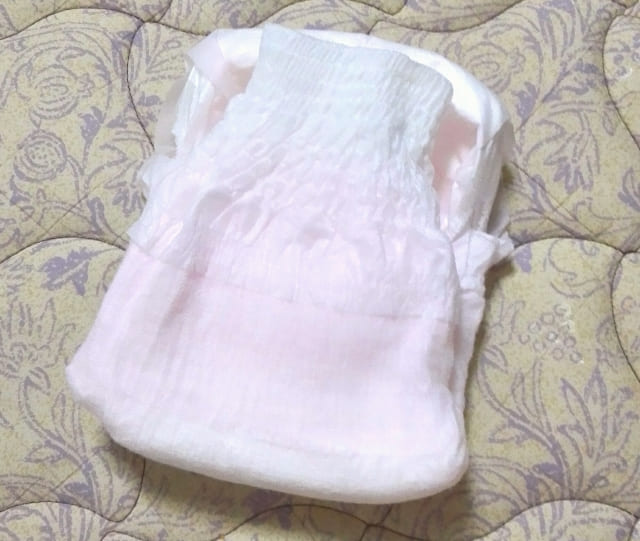
- “It really helped when there were no toilets available” (70s/Female)
- “Toilets were just not available or not working anywhere when disasters hit, so it was very useful for a person like myself with frequent urination and incontinence.” (70s/Male)
5. Whistle
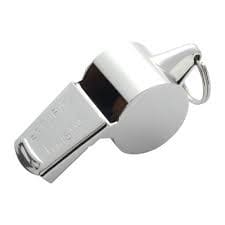
- “Yelling for help drained my energy and I could not continue after a while so I used my whistle to let people know where I was” (70s/Male)
- “I got help using my whistle when I was trapped under a furniture” (60s/Female)
6. Work (thick) gloves
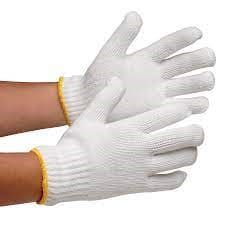
- “Immediately after an earthquake, my room was littered with broken things, so it was convenient to have thick gloves to protect my hands while cleaning up the mess.” (60s/Female)
- “Those gloves protected my hands and kept them warm (especially in a cold weather).” (70s/Male)
- “I used the gloves to remove broken glasses.” (60s/Male)
7. Portable radio
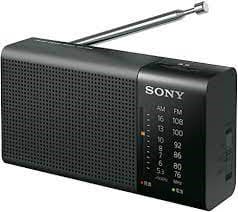
- “Information I obtained from a radio was valuable while we experienced power outage and no TV was available to watch.” (60s/Female)
- “When we experienced power outage after a disaster, we didn’t know anything about what is happening in our area so radio was a great source of information. At night, it was dark everywhere and it was quiet, so having a radio also gave me a sense of security.” (60s/Female)
- “Extra batteries should be kept as my radio’s battery was dead.” (70s/Male)
8. Rainwear/Gear
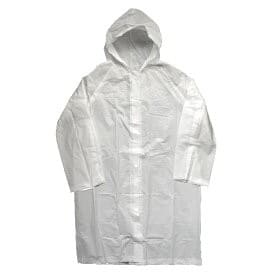
- “Rainwear enabled me to use my both hands to hold grandchildren’s hands when we were evacuating in the rain” (70s/Female)
- “It helped keeping myself warm as it trapped body heat inside.” (70s/Male)
- “Umbrella was useless in a stormy weather, so a rainwear was handy to protect myself from the rain and wind.” (60s/Male)
9. Portable gas stove
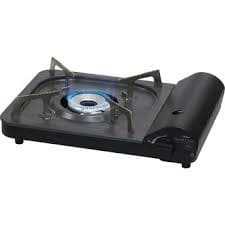
- “We could not use any electric appliances during power outage, so having a portable gas stove helped us preparing some food.” (70s/Male)
- “Being able to use fire was very convenient even during power outage so we could still eat hot meal and drink hot beverages.” (60s/Female)
- “We regretted that we did not stock up extra gas cans. We were not able to use the gas stove as much as we wanted when power outage lasted longer than we expected.” (60s/Female)

